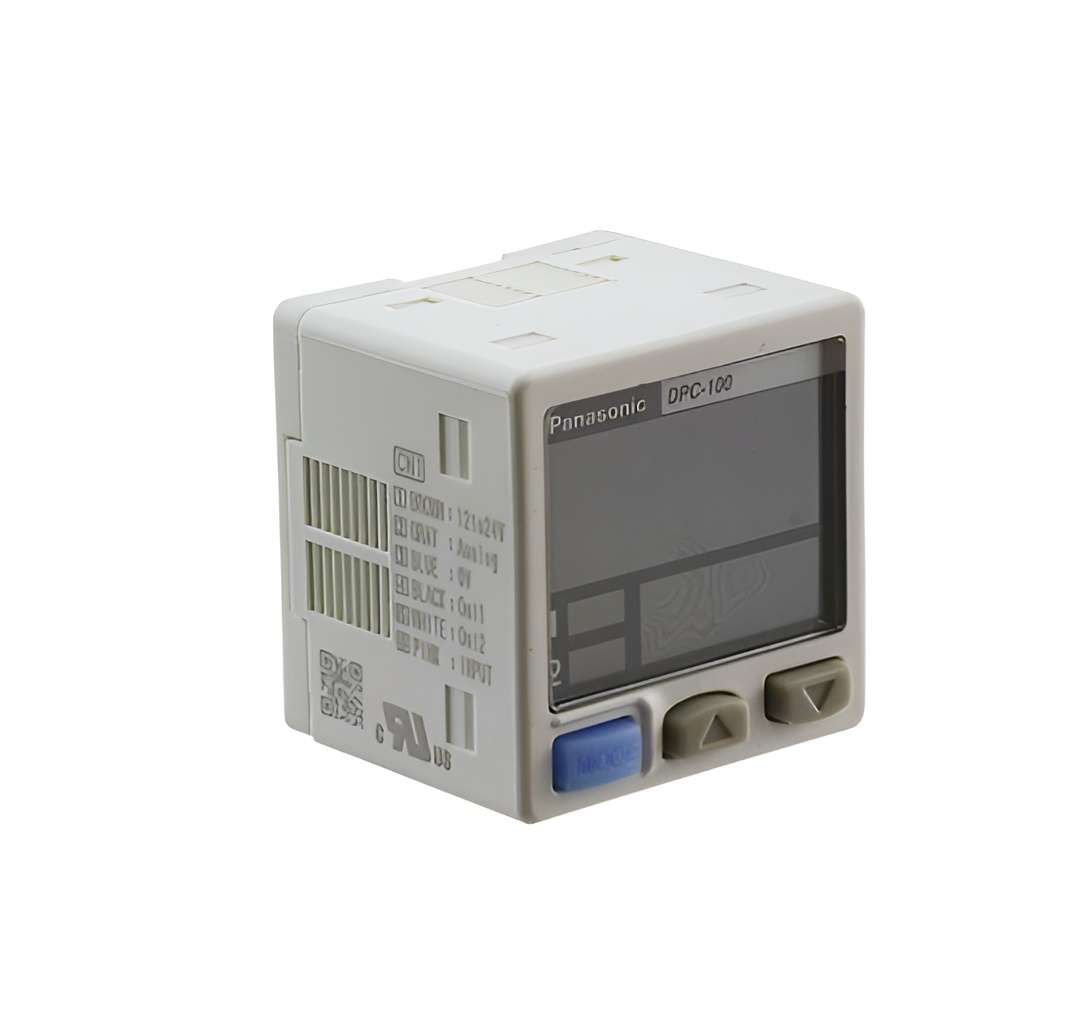Panasonic DPC-L101 Sensor: High-Performance Detection for Industrial Applications
The DPC-L101 sensor is a top-tier solution designed for demanding industrial environments. Known for its precision detection, durability, and versatile applications, this sensor is an essential tool for automation and heavy-duty operations. In this article, we’ll explore its specifications, industrial applications, installation guide, and why it’s the perfect choice for your business.
Panasonic DPC-L101 Sensor Specifications
The DPC-L101 sensor offers advanced features tailored for industrial needs:
- Detection Range: Long-range precision detection up to 3 meters.
- Reflective Technology: Superior performance in variable lighting conditions.
- Response Time: Ultra-fast response time under 0.5 milliseconds.
- Power Supply: Operates efficiently on 12-24V DC.
- Durability: Built with IP67-rated housing for dust and water resistance.
- Connectivity: Multiple output options, including NPN/PNP compatibility.
Industrial Applications of DPC-L101 Sensor
The DPC-L101 sensor is designed for a variety of industrial uses:
- Automation Systems: Perfect for robotic arms and automated conveyor systems.
- Quality Control: Ensures product consistency and reduces errors in production lines.
- Heavy-Duty Operations: Handles harsh environments in industries like manufacturing and mining.
- Material Handling: Ideal for warehouse automation and inventory management.
Panasonic DPC-L101 Installation Guide
Installing the DPC-L101 sensor is a straightforward process. Follow these steps to ensure optimal performance:
- Preparation: Ensure the installation area is clean and free from obstructions.
- Mounting: Secure the sensor using the provided mounting brackets, ensuring it is aligned with the target area.
- Wiring: Connect the sensor to the power supply and control system according to the datasheet instructions.
- Testing: Perform a trial run to calibrate the sensitivity and detection range.
Benefits of the DPC-L101 Sensor
Choosing the Panasonic DPC-L101 sensor offers numerous advantages for industrial operations:
- High Accuracy: Reliable detection of objects with minimal false positives.
- Cost-Effective: Reduces downtime and improves production efficiency.
- Durability: Withstands extreme temperatures and tough environmental conditions.
- Versatile Connectivity: Compatible with a range of industrial control systems.
Troubleshooting Guide for DPC-L101 Sensor
To maintain peak performance of your Panasonic DPC-L101 sensor, here are common issues and solutions:
- No Detection: Check the alignment and ensure no obstructions are blocking the sensor.
- Inconsistent Results: Adjust the sensitivity settings and recalibrate the sensor.
- Power Issues: Verify the voltage supply and connection integrity.
Why Choose the DPC-L101 Sensor?
The Panasonic DPC-L101 sensor stands out for its exceptional performance in critical industrial tasks. With its precision detection, advanced features, and robust design, it ensures operational stability and efficiency in every application.
Buying Guide for DPC-L101 Sensor
When purchasing the Panasonic DPC-L101 sensor, consider the following tips:
- Ensure compatibility with your existing automation system.
- Look for bulk purchase discounts for larger installations.
- Check the warranty and support services offered by the supplier.
Where to Buy the DPC-L101 Sensor?
The Panasonic DPC-L101 sensor is available through authorized distributors and online marketplaces. For guaranteed quality and after-sales support, purchase from a trusted supplier.
Conclusion
The Panasonic DPC-L101 sensor is the perfect solution for industries seeking high precision, durability, and efficiency in their automation systems. Whether you’re upgrading existing systems or deploying new solutions, this sensor offers unparalleled performance and reliability.
Frequently Asked Questions (FAQs)
1. What is the detection range of the DPC-L101 sensor?
The DPC-L101 sensor offers a long detection range of up to 3 meters, suitable for various industrial tasks.
2. Is the DPC-L101 sensor water-resistant?
Yes, it features an IP67-rated housing, making it resistant to dust and water.
3. Can the DPC-L101 sensor be integrated into existing systems?
Yes, the sensor is compatible with most industrial automation systems, thanks to its versatile connectivity options.
4. How do I adjust the sensitivity of the sensor?
Sensitivity adjustments can be made using the controls provided in the sensor or through the connected system.
5. Where can I find the datasheet for the DPC-L101 sensor?
The datasheet is available for download on the manufacturer’s website or through authorized distributors.
Related Articles: Learn more about the sensors by reading our blog on What is a Pressure Sensor? Where is it Used?

